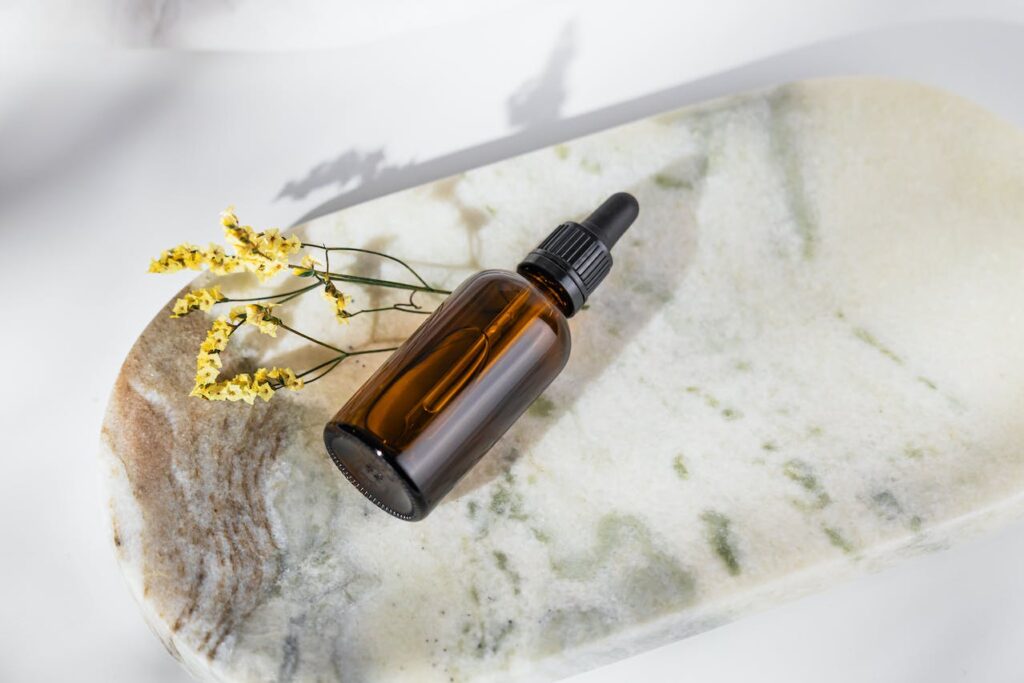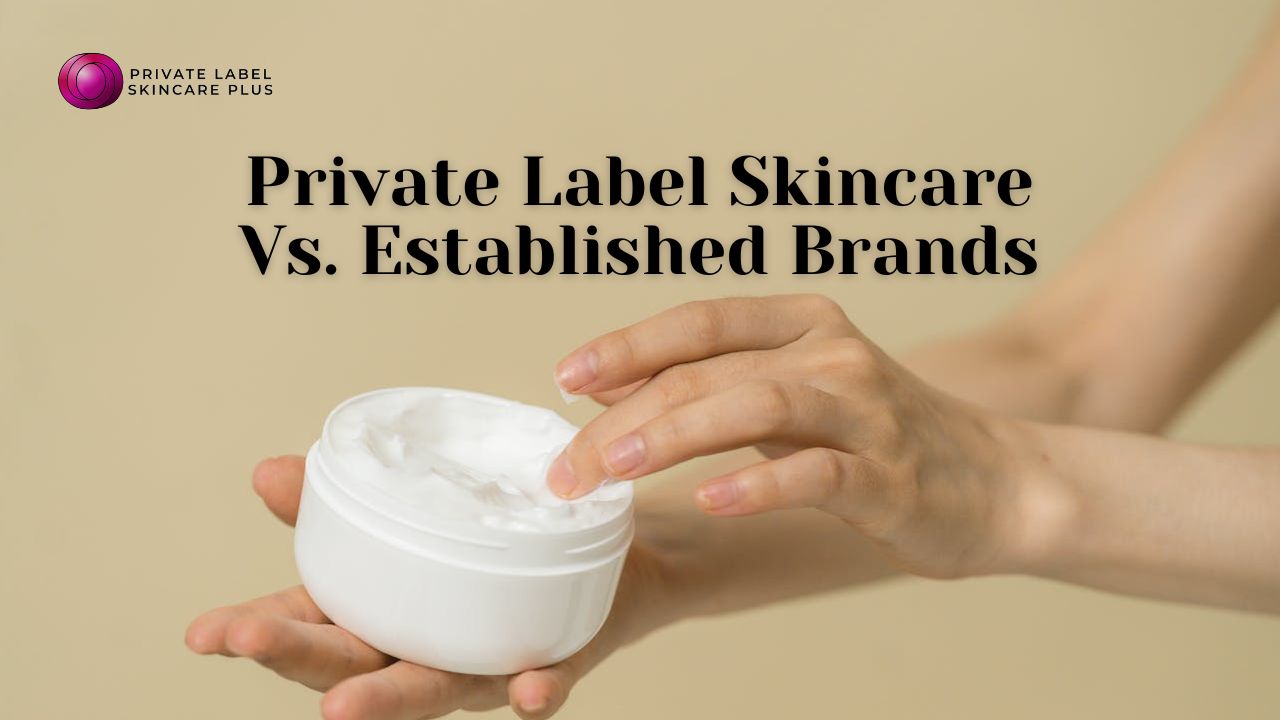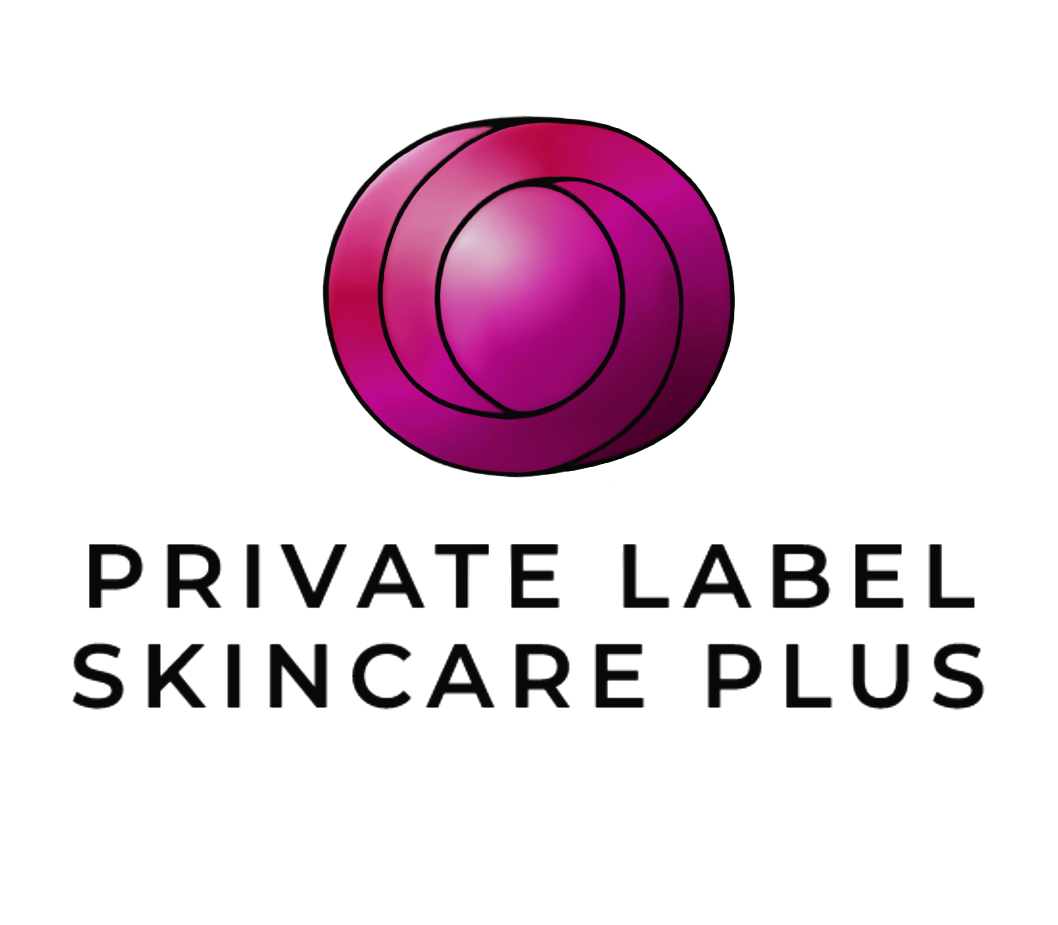If you’re in a store surrounded by shelves filled with skincare products promising beautiful skin and timeless beauty, it is most likely that you will choose brands that everyone knows and trusts. But in these familiar brands, you notice there is a growing presence of private-label skincare products trying to make their mark. That’s when the question arises: can a private-label skincare brand compete and come out on top of skincare choices?
This article will teach you about the strengths of both private labels and established brands while learning about strategies for private labels to not just compete but thrive in the skincare business. Keep reading!
Comparison Between Established and Private Label Skincare Brands
Here are some primary comparison points.
Brand Recognition and Reputation:
Established brands enjoy a considerable edge due to their robust brand recognition and established consumer trust. This innate reliability and assurance of quality pose challenges for private-label skincare brands.
To change this landscape, a skincare startup can strategically allocate resources to impactful marketing and storytelling. Private label skincare companies must provide a good story about their products and transparency about what’s in them and how they’re made. The use of customer stories, social evidence, and endorsements is necessary to obtain trust and credibility.
Product Quality and Innovation:
Established brands put a lot of money into creating new and good products through research and development. However, a private-label skincare brand can stand out by showing a strong commitment to making high-quality products. This involves doing careful testing, using top-notch ingredients, and keeping up with what’s popular in the industry.
However, being innovative doesn’t always mean creating something entirely new. It can also mean improving existing products or addressing gender-specific skincare issues. By always providing top-quality products, private labels can build trust and keep winning in the skincare market.
Pricing and Margins:
A notable strength of private-label skincare emerges from its pricing adaptability. Freed from the weight of extensive marketing and overhead expenses, private labels can present compelling price points. Clever pricing approaches, like bundled offerings or subscription models, have the potential to appeal to budget-conscious consumers.
In contrast, established brands might encounter challenges in modifying prices due to their rigid structures. However, a private-label skincare brand can harness this flexibility to secure a larger market presence without compromising on profitability.
Distribution and Marketing:
Recognized brands benefit from extensive distribution networks that frequently extend across the global market. On the other hand, focus on building a skincare brand that can balance the equation by utilizing the potential of e-commerce platforms and forming strategic partnerships. A strong online presence, combined with precision in marketing strategies, empowers private labels to connect with a wider audience.
Through collaborations with influencers and beauty bloggers, these brands enhance their visibility, effectively navigating the crowded skincare industry to secure a place in the market.

How Private Label Skincare Brands Can Win?
Private label skincare brands must focus on the following to ensure success.
Focus on a Niche Market
Distinguishing and directing attention toward a particular niche can work as an advantage of private labels. Be it the world of natural skincare, cruelty-free alternatives, or targeted solutions for specific skin concerns, tailoring offerings to a niche audience cultivates a dedicated customer base. A selective comprehension of the target market’s requirements allows a more individualized approach, which helps to build customer trust and improve brand loyalty.
Build a Strong Brand Identity
Having a different brand identity is one of the most crucial factors to set your private-label skincare brand apart from the rest. This involves creating a memorable logo, maintaining consistent packaging, and adding a distinctive brand story for better brand recognition. It is advisable to invest in visually appealing branding materials, ensuring a consistent brand image across all platforms.
Create High-Quality Skincare Products
Concentrating on making the best-quality skin care products around the world is essential. Thus, it becomes crucial to use quality ingredients made strictly according to quality rules and thoroughly test products. Also, being open about what goes into the products and clearly explaining their benefits helps build trust with customers. The key to keeping customers happy and loyal is consistently delivering products that work well.
Focus on Social Media
During this digital era, social media has become a best friend for private-label skincare products. You can use any of these social media platforms, such as Instagram or Facebook, to communicate with your audience. Try to share interesting brand content on a frequent basis, giving them a peak inside your company’s day, and let them discuss their experiences. You can also invite them to share their skincare tales, creating a connection that extends beyond the products and a welcoming community.
Offer Excellent Customer Service
Exceptional customer service stands at the heart of the triumph of private-label skincare brands. Timely responses to customer inquiries, providing detailed product information, and the implementation of smooth return policies all contribute significantly to shaping an outstanding customer experience. This positive interaction naturally transforms into favorable reviews and word-of-mouth recommendations, essential elements for the organic growth of any skincare brand.
Conclusion
Established brands maintain their stronghold through reputation and recognition, while a private label skincare brand finds ample room for competition and success. With all the tips mentioned above, from driving attention to particular market segments to forming a strong brand identity, private labels can gracefully navigate the challenging landscape. But remember that achieving success depends on fulfilling market demands, honoring commitments, and remaining keenly responsive to industry dynamics. Good luck!


